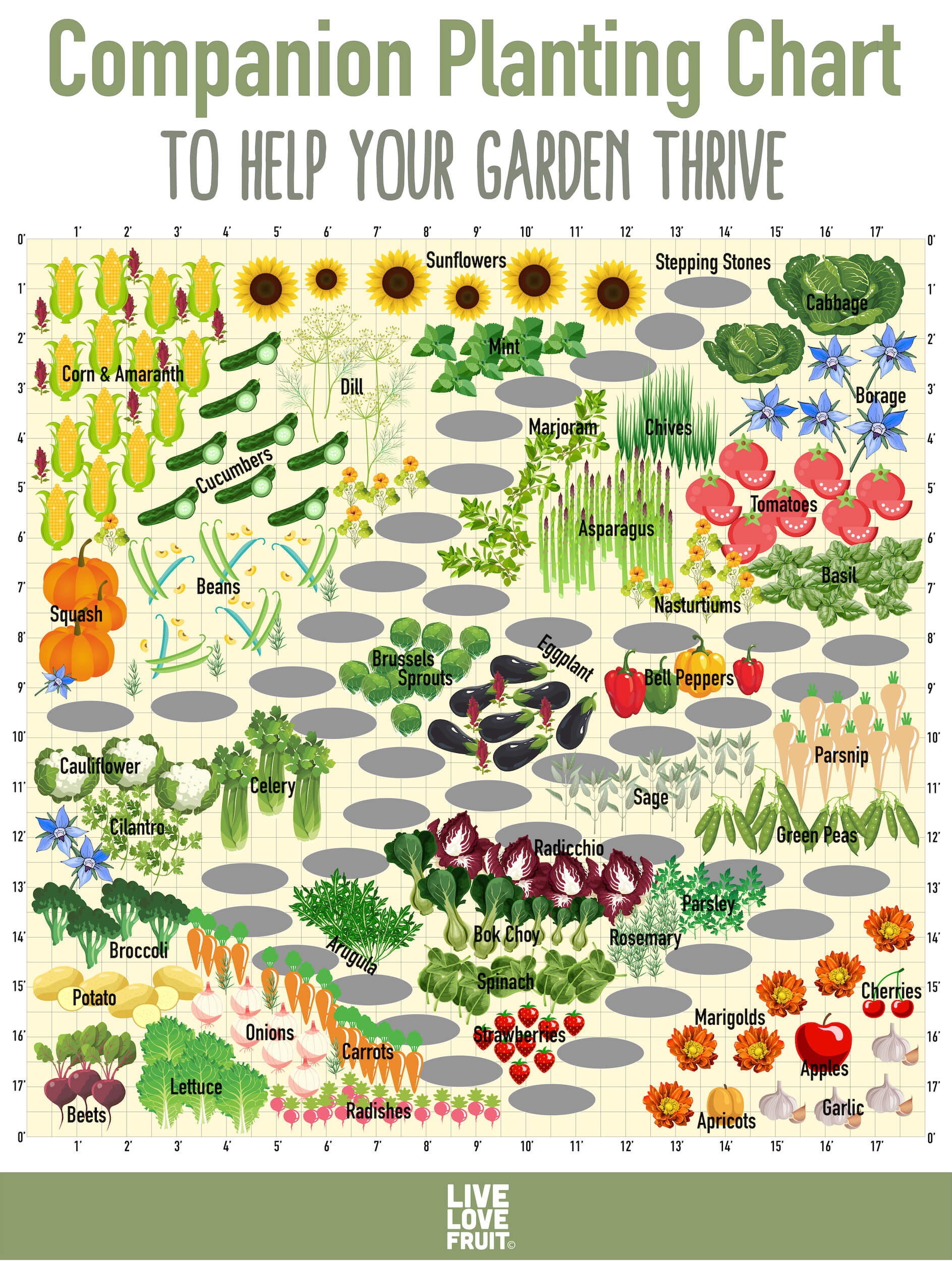The Power of Companion Plants: Enhancing Your Garden with Natural Allies
Companion Plants: Definition and Benefits
Have you ever heard of companion plants? They are a group of plants that are grown together to provide mutual benefits. Companion planting is an ancient agricultural practice that has been used for centuries to improve soil quality, control pests, and increase yields. The concept is simple: certain plants grow better when they are planted together, while others do not.
Companion planting can be in gardens, raised beds, or containers. It is an eco-friendly way to grow crops that does not require the use of synthetic pesticides or fertilizers. In this blog post, we will discuss the benefits of companion planting and how to choose the right companions for your garden.
The Benefits of Companion Planting
Companion planting offers many benefits to gardeners. Here are some of the most significant advantages:
Improving Soil Quality
Some plants are known as "nitrogen-fixers," which means that they have the ability to convert nitrogen from the air into a form that can be used by other plants. Legumes, such as beans and peas, are excellent nitrogen-fixers. By planting them alongside other crops, you can improve the soil quality and fertility of your garden.
Controlling Pests
Certain plants have natural abilities to repel pests, while others attract beneficial insects that prey on harmful ones. For example, marigolds are known to repel nematodes, while dill attracts ladybugs and lacewings that feed on aphids.
Increasing Yields
Companion planting can help maximize the yield of your crops. For instance, intercropping or planting two or more crops together can make the most of limited space and light. Additionally, some plants have been shown to enhance the growth of others when grown together.
Choosing the Right Companion Plants
When it comes to companion planting, not all pairings are created equal. Some combinations can be harmful or inhibit each other's growth. Here are some tips for choosing the right companions:
Consider Plant Families
Plants in the same family often have similar needs and pests. For example, tomatoes and peppers belong to the same family, so they make good companions.
Match Growth Rates
Pairing plants with similar growth rates will prevent one from outcompeting the other for resources.
Know Your Soil pH
Certain plants prefer acidic soil, while others thrive in alkaline soil. By taking your soil pH into account, you can select compatible companion plants that share the same soil preferences.
Examples of Companion Plants
Now that you know the benefits of companion planting and how to choose suitable companions for your garden let's explore some common examples of companion plants:
Tomatoes and Basil
Tomatoes and basil are classic companions. Basil repels flies and mosquitoes while improving the flavor and yield of tomatoes.
Carrots and Onions
Planting onions alongside carrots can help deter carrot flies and other pests. Onions also release compounds that stimulate the growth of carrots.
Corn and Beans
Corn and beans are a traditional Native American combination known as "Three Sisters." Corn provides a trellis for the beans, which fix nitrogen in the soil, while the beans shade the corn roots and prevent soil erosion.
Marigolds and Almost Any Vegetable
Marigolds are excellent companions for almost any vegetable. They repel nematodes, beetles, and other pests while attracting beneficial insects.
FAQs
Q: Can I plant any two plants together?
A: No, some combinations can be harmful or inhibit each other's growth. It is essential to research which plants make good companions and which do not.
Q: Do companion plants require special care?
A: No, companion plants do not require any special care. They can be grown together as long as they have similar light and water requirements.
Q: How do I know if my soil is acidic or alkaline?
A: You can test your soil pH with a simple soil test kit or by sending a sample to a lab for analysis.
Q: Can companion planting replace synthetic pesticides and fertilizers?
A: Yes, companion planting is an eco-friendly alternative to synthetic pesticides and fertilizers that can improve soil quality and control pests naturally.
Q: What is the best way to with companion planting?
A: small and experiment with a few combinations in your garden. Observe how they grow and interact with each other before expanding to more extensive plantings.
Companion planting is an excellent way to enhance your garden's health and productivity without relying on synthetic chemicals. By choosing the right companions for your crops, you can improve soil quality, control pests, and increase yields. With a little bit of research and experimentation, you can create a natural ecosystem that benefits your garden and the environment.










Post a Comment for "The Power of Companion Plants: Enhancing Your Garden with Natural Allies"